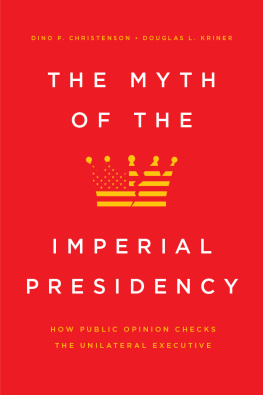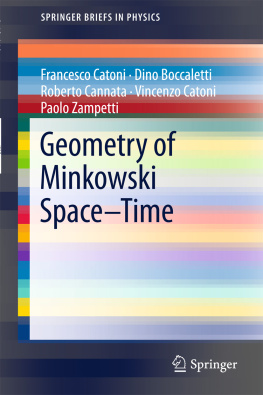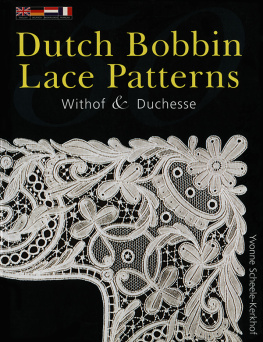Transcriber's note: Obvious printer errors have been repaired, but spelling has not been standardized. Any missing page numbers are those that were not shown in the original text.
MEMOIRS OF THE
DUCHESSE DE DINO
"
MEMOIRS OF THE
DUCHESSE DE DINO
(Afterwards Duchesse de Talleyrand et de Sagan)
1831-1835
Edited, with Notes and Biographical Index, by
THE PRINCESSE RADZIWILL
(NE CASTELLANE)
WITH PHOTOGRAVURE FRONTISPIECE
NEW YORK: CHARLES SCRIBNER'S SONS
LONDON: WILLIAM HEINEMANN
1909
Printed in England
PREFACE
This history is composed of notes made in England during the Embassy of the Prince de Talleyrand and of fragments of letters addressed by my grandmother, the Duchesse de Dino (afterwards Duchesse de Talleyrand et de Sagan), during a period of thirty years, to M. Adolphe de Bacourt, who gave them to me by her desire.
Some months before her death in 1862 my grandmother, who was then fully aware of her condition, herself told me of the precious legacy which would be transmitted to me when she was gone by M. de Bacourt, her executor, and added her final instructions and advice.
A just judgment on conspicuous ideas and persons is possible only after the lapse of many years, and so I should willingly have postponed the publication of these Memoirs. But some years since, my niece, the Comtesse Jean de Castellane, published the story of the early years of the Duchesse de Dino, and as many readers desire to have the continuation, I have decided not to withhold it any longer, and it will be found in the following pages.
The book throws more light on the last years of the Prince de Talleyrand than any previous publication, and it speaks so well for itself that I need say nothing for it. The place which the Duchess occupied in the European Society of the first half of last century is also too well known to need to be recalled here. Her personal charm, like her intellectual distinction, has rarely been equalled, but the moral fascination which she exercised on all who knew her is less well known. Intellect is a great source of strength, but nobility of soul is a greater; and it was assuredly this which helped the Duchess in many difficult passages in her history.
It is this sense of nobility and distinction which, in my opinion, is the chief characteristic of her Memoirs.
CASTELLANE, PRINCESSE RADZIWILL
CHAPTER I
1831
Paris, May 9, 1831.I am bewildered by the tumult of Paris. There is such a babel of words, such a crowd of faces, that I hardly recognise myself, and have the greatest difficulty in collecting my thoughts so as to discover where I am, where others are, whether the country is doing well or ill, whether the physicians are skilful enough, or whether the malady is beyond their art.
Twenty times I have stopped to think of Madeira; sometimes, too, my thoughts are of Valenay; but I can find no fixed resting-place, and it seems to me quite futile to prejudge anything before the great electoral crisis which preoccupies everybody. A propos of everything, people here say "after the elections," just as the gay world of London used to say "after Easter."
There was a little article in the Moniteur of yesterday; the attitude of the Ministry and that of the general public are both just and flattering to M. de Talleyrand, but reason is not the fashion nowadays, and less so in this country than elsewhere. In fact, if I were to let my thoughts wander over the thousand and one small complications which spoil and embarrass everything, the only conclusion I could arrive at would be that the country is very ill but that the doctor is excellent!...
London, September 10, 1831.From Paris letters it appears that the indestructible Bailli de Ferette has at length taken his departure; likewise Madame Visconti, another extraordinary relic of the past.
I hear there have been meutes of women; fifteen hundred of these horrible creatures made a commotion, and because of their sex the Garde Nationale would not use force. Fortunately, the rain settled the matter.
Yesterday came an express with a rigmarole about Belgium asking that the Dutch should retire still further, that Maestricht should be garrisoned by Dutch alone, expressing impatience at General Baudrand having had direct conversations in private with the English Ministers, and recalling him forthwith. He will not go, however, till after the Drawing-room.
Nothing new about Poland.
The Times tells of the ill-starred attempt in Portugal. A malison on Dom Miguel! What a shame it is that he should have triumphed!
The only news in London is that on the occasion of the coronation, the King allowed the Bishops to lay aside their ugly wigs. This has made them quite unrecognisable for the last week, for they were in such a hurry to avail themselves of the permission that they did not allow time for their hair to grow again. The result was that they cut a very odd figure, and were the delight of all the guests at the King's dinner.
London, September 11, 1831.Everybody is still talking of nothing but the coronation; the Duke of Devonshire's return on foot all splashed with mud; the acts, words, and appearance of everyone are discussed, embellished, distorted, and reviewed with more or less charity: that is to say, with no charity at all. The Queen alone is left untouched; everyone says that she was perfect, and they are quite right.
I saw the Duke of Gloucester yesterday, and could get nothing out of him except that they had been trying to avoid having Van de Weyer (who makes the Duchess of Saxe-Weimar swoon) at the great diplomatic dinner to-day at Saint James's. They, therefore, hit on the plan of asking, besides ambassadors, only such ministers as are married; I thought this rather stupid.
All the venerable survivals are disappearing; there is Lady Mornington, mother of the Duke of Wellington, who died yesterday at the age of ninety. This event can make little difference to her son.









![Dino Esposito [Dino Esposito] - Microsoft® ASP.NET and AJAX: Architecting Web Applications](/uploads/posts/book/120575/thumbs/dino-esposito-dino-esposito-microsoft-asp-net.jpg)

